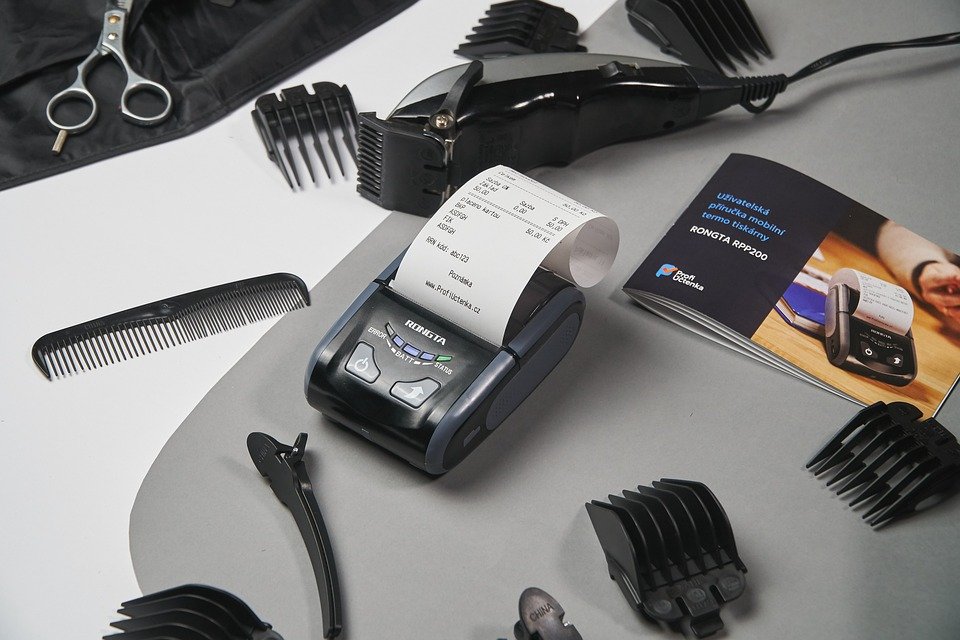Avoid Common Pitfalls: Choosing Wisely with Student Credit Cards
Entering the world of credit cards as a student can be both an exciting and daunting experience. Proper management can help establish a solid credit score, while missteps can leave a lasting impact. Here’s a guide to navigating the common pitfalls and choosing wisely when it comes to student credit cards.
1. Understand Your Needs
Before diving into the sea of options, take time to evaluate your spending habits and financial goals. Do you need a card for emergencies, travel points, or building credit? Understanding your needs is the first step in selecting a card that aligns with your financial strategy.
2. Read the Fine Print
One of the biggest pitfalls students encounter is not fully understanding the terms and conditions of their credit cards. Pay close attention to details like interest rates, late payment penalties, and fees. A credit card with a low introductory rate that skyrockets afterward can catch you off guard.
3. Resist the Temptation to Overspend
A common misconception is that the credit limit equals spending power. This can quickly lead to accumulating debt that’s challenging to pay off. Adopt a mindset where you only use your card for purchases within your budget.
4. Monitor Your Credit Regularly
Keep a close eye on your credit score and report for any inaccuracies. Using your credit card responsibly will positively impact your score over time. Regularly monitoring these details gives you the chance to spot and address any issues promptly.
5. Create a Repayment Plan
Setting up a repayment schedule is crucial to avoid high interest and debt accumulation. Aim to pay off your balance in full each month. If that’s not possible, at least pay more than the minimum to reduce the impact of interest over time.
6. Stay Informed on Offers and Rewards
Many student credit cards offer rewards and points for on-card spending. Take the time to understand these offers and determine if they align with your financial habits. But beware: never overspend on unnecessary items just to earn rewards.
7. Be Mindful of Credit Limit Increases
Credit card companies may offer credit limit increases as your credit history and score improve. While this might seem like a pat on the back, be cautious. An increased limit can be tempting, but it also increases the potential for debt if not managed responsibly.
8. Know When to Seek Help
If you’re struggling with credit card debt or confusion, seek advice from financial aid advisors, or reputable credit counseling agencies. They can offer personalized advice for managing your credit health effectively.
9. Look Beyond the Annual Fee
Some student credit cards have annual fees, which might seem insignificant at first glance. However, over time, these fees can add up. Weigh the fees against the card’s benefits to determine whether it’s worthwhile for your situation.
Choosing wisely with student credit cards is about more than finding the card with the best rewards. It’s about understanding how credit works, staying disciplined with spending, and continuously educating yourself on personal finance. With the right mindset and strategies, your credit card can be a valuable tool on your financial journey.

